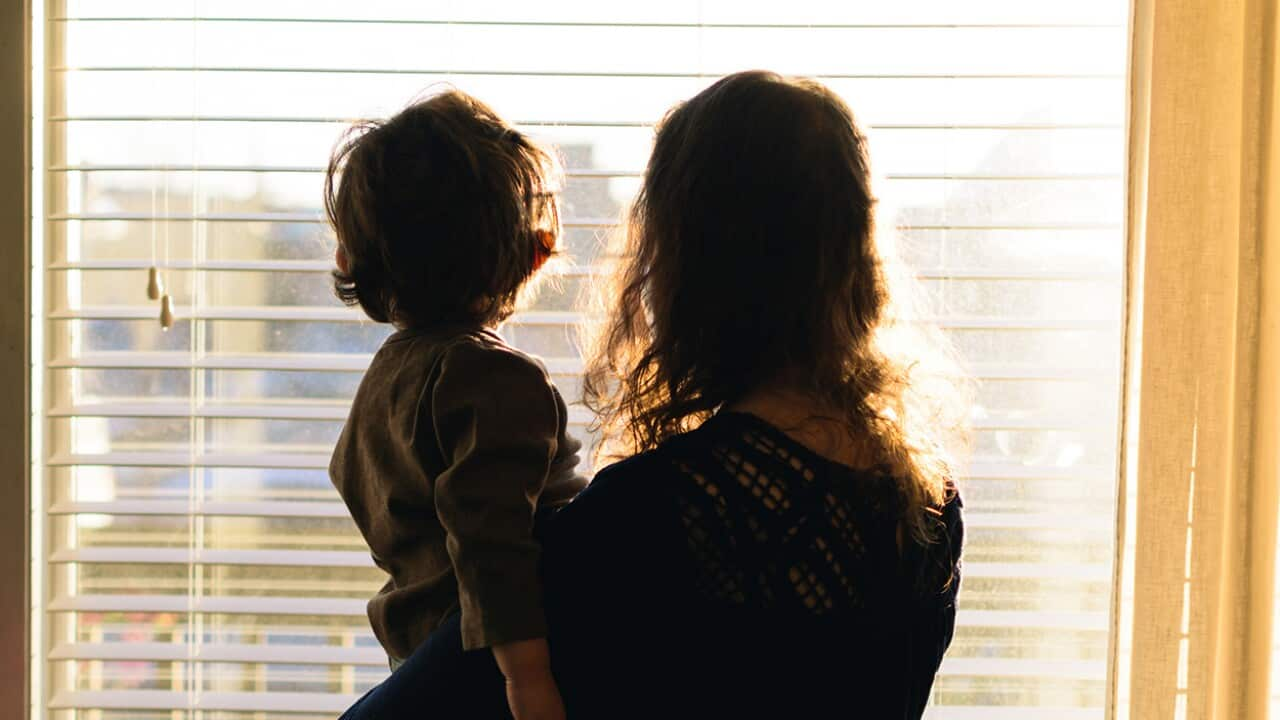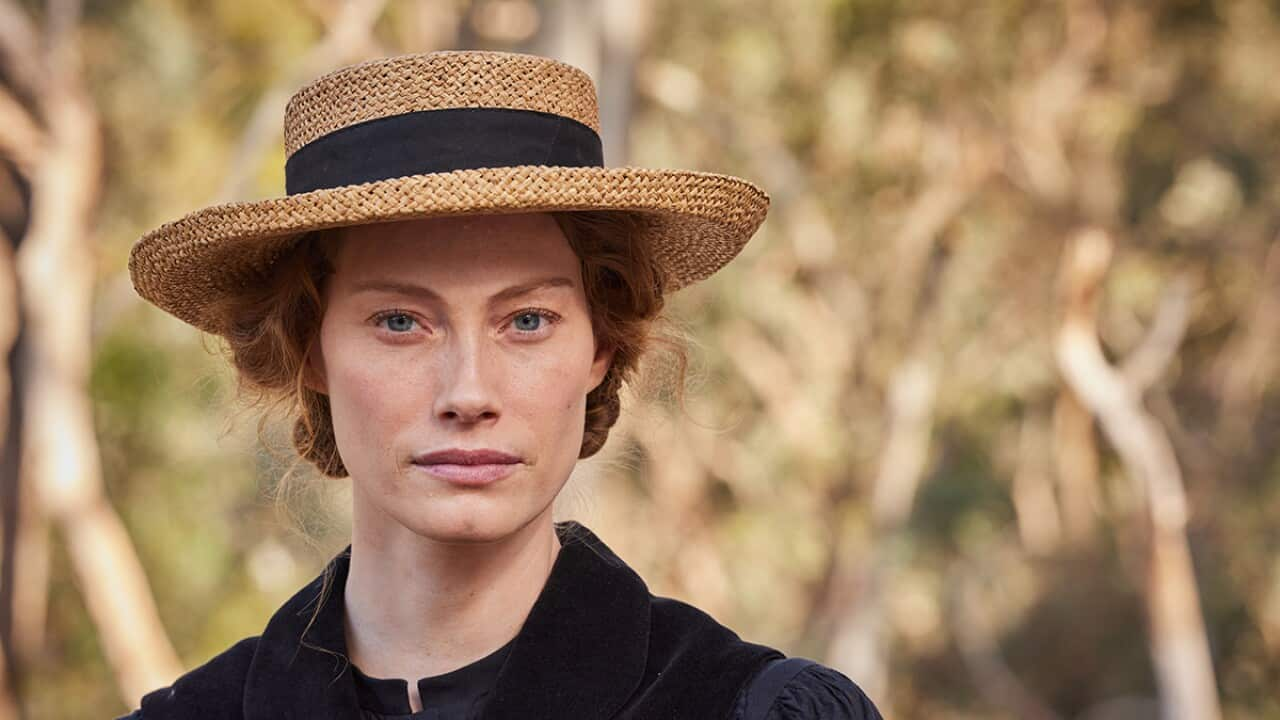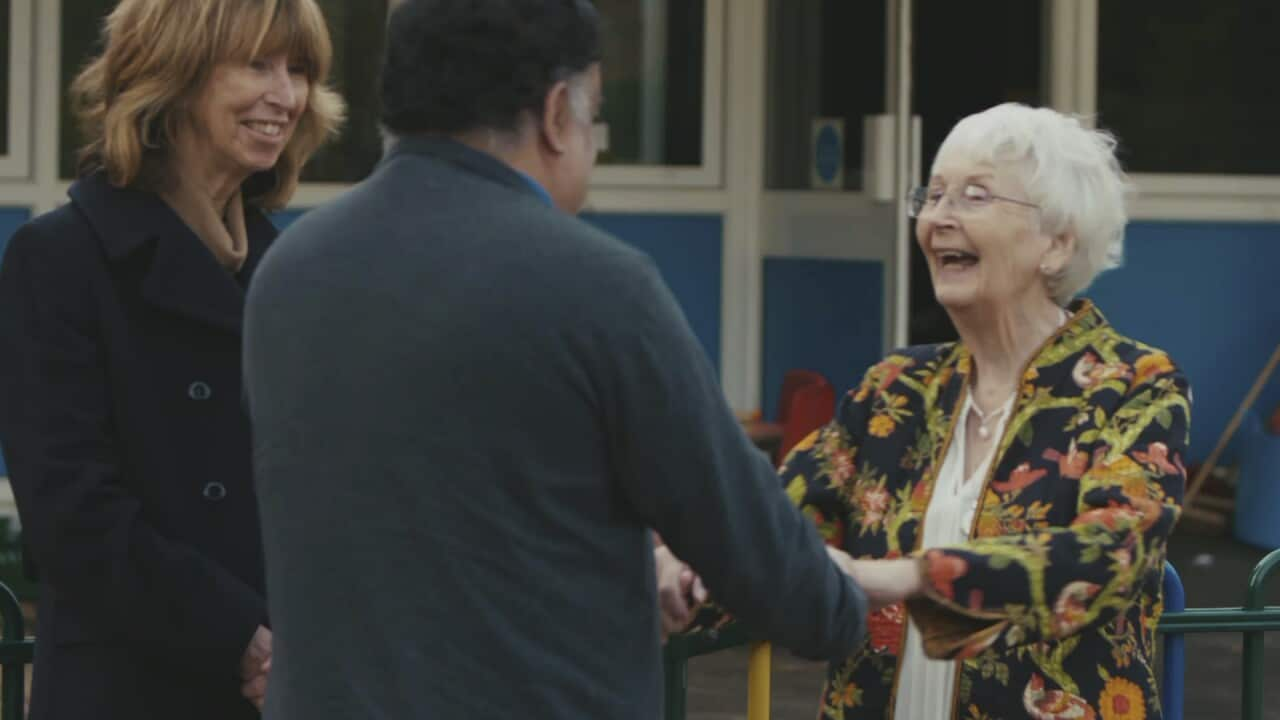There’s a lot to juggle when raising a child, but what happens when money is tight – really tight? The unpredictability of our current climate has only added to the strain already felt by millions of families across the country, including those who find themselves needing the additional support of government welfare payments to get by.
This financial stress has implications that stretch beyond the ability to afford food, clothing and shelter; there is a deeply entrenched stigma faced by welfare recipients within Australian society. As the parents featured in the new documentary series Could You Survive On The Breadline prove, however, such beliefs fail to acknowledge the sacrifices and resilience demanded of these families on a daily basis.
NSW Greens MP Jenny Leong, journalist Caleb Bond, and author and TV personality Julie Goodwin are three prominent Australians on a journey to discover what life is really like for those living on the breadline. Each brings to the series ideas about the welfare system, some with their own pre-existing beliefs about those who live on government payments, and others with the chance to influence welfare policy and social perspective. What is striking for each of the contributors as they undertake their individual immersive experiences is that, in many cases, it is parents and their children who find themselves under the greatest financial stress with around . The realities of supporting yourself on government payments are one thing, but the additional pressure of caring for those who are dependent on you at the same time is entirely another.
What is striking for each of the contributors as they undertake their individual immersive experiences is that, in many cases, it is parents and their children who find themselves under the greatest financial stress with around . The realities of supporting yourself on government payments are one thing, but the additional pressure of caring for those who are dependent on you at the same time is entirely another.

Caleb Bond in ‘Could You Survive On The Breadline?’ Source: SBS
In episode 2 of the series, Jenny and Caleb each visit a household balancing the additional responsibilities that come with being a parent on welfare. Caleb finds himself living alongside a single-parent family in the inner west of Sydney, afforded a unique opportunity to better understand the daily struggle that mum Mary-Anne must contend with as she fights to make ends meet.
With four children to care for, Caleb is immediately put to work, completing the family’s grocery shop and undertaking a vast array of household chores. It’s clear that standing in a grocery aisle quickly becomes an unexpected feat of mathematics when you are living on the breadline with a family to feed; every dollar counts and getting value for money is critical.
Though Caleb returns home proud of his efforts, his haul, much like the payments that funded it, fall short of the mark. Mary-Anne receives a single parenting payment for her youngest child and the family tax benefit for her older children, but even with the additional income from her part-time job, these payments still leave each person in her household well below the poverty line in the amount allocated to their daily expenses. As an outspoken critic of those living on welfare payments in the past, Caleb admits that witnessing life for parents in these situations first hand challenged his perspective.
As an outspoken critic of those living on welfare payments in the past, Caleb admits that witnessing life for parents in these situations first hand challenged his perspective.

Caleb Bond. Source: SBS
“I’d previously described welfare as akin to a drug, and this was put back to me in a pejorative sense a few times, but what I saw was a welfare system that is fundamentally not fit for purpose,” he admits.
“It’s mainly finding the time and energy to balance home and work life. Living with little money isn’t easy but it’s not impossible. The biggest difficulty I saw was just being able to deal with the load on your shoulders that comes from finding the energy to do everything that needs to be done, and struggling for money adds another challenge to the mix.”
The situation Mary-Anne and her family find themselves in is sadly not uncommon. There are , and children who grow up in a household reliant on welfare are themselves in the future. In his conversations with Mary-Anne’s eldest daughter, Caleb discovers how a life on welfare can severely limit opportunity for these young people and put the tertiary education that many take for granted out of reach. His time with the family is an emotional rollercoaster as he also learns of the circumstances that have led to Mary-Anne’s dependence on government payments.
“Most parents want to know they’re doing the best they can for their children and that can clearly weigh on the mind,” Caleb says. For Jenny, her journey to find out what life on welfare is really like for families takes her a little further out of the city to the Illawarra region, as she moves in with single mum, Simone, and her three-year-old son, Blade. Simone, like Mary-Anne, receives a family tax benefit, but must also rely on a disability support pension as a result of a degenerative disease which has left her unable to work. As Jenny discovers, financial stress is just the beginning of Simone’s daily struggle. Her home is overrun with vermin due to poor maintenance from the housing department who provide it, and she is unable to prepare or store food safely as a result, basic tasks that present very real health risks for her and her son.
For Jenny, her journey to find out what life on welfare is really like for families takes her a little further out of the city to the Illawarra region, as she moves in with single mum, Simone, and her three-year-old son, Blade. Simone, like Mary-Anne, receives a family tax benefit, but must also rely on a disability support pension as a result of a degenerative disease which has left her unable to work. As Jenny discovers, financial stress is just the beginning of Simone’s daily struggle. Her home is overrun with vermin due to poor maintenance from the housing department who provide it, and she is unable to prepare or store food safely as a result, basic tasks that present very real health risks for her and her son.

NSW Greens MP Jenny Leong in ‘Could You Survive On The Breadline?’ Source: SBS
Both Caleb and Jenny are dismayed and outraged at the standard of living faced by these families. In Caleb’s case, the more time he spends with Mary-Anne and her children, the more he is forced to acknowledge that, despite doing everything you can to improve your family’s circumstances, inadequate financial relief is a constant and immovable barrier to lasting change.
“There are a few malignant bludgers out there, but there are far more people who are continually let down by a system that promises to lift them back up,” Caleb says.
“They face bureaucracy and highly-paid, university-educated boffins who’d be lucky to have driven past a public housing estate, let alone stepped foot in one. Australians stump up an extraordinary amount of money every year for welfare and public housing and what I saw was a system that failed to spend that money properly to help those who need it.”
Could You Survive on the Breadline? premieres at 8.30pm, Wednesday 17 November on SBS and . Watch the trailer now:
More from The Guide

Anything could happen when ‘Stacey Dooley Sleeps Over’











